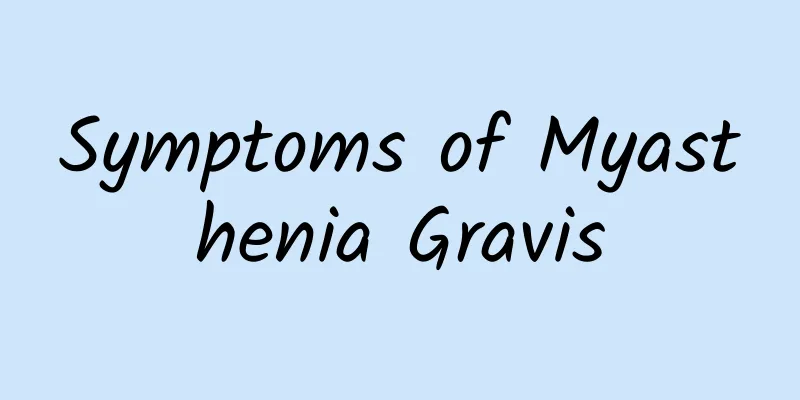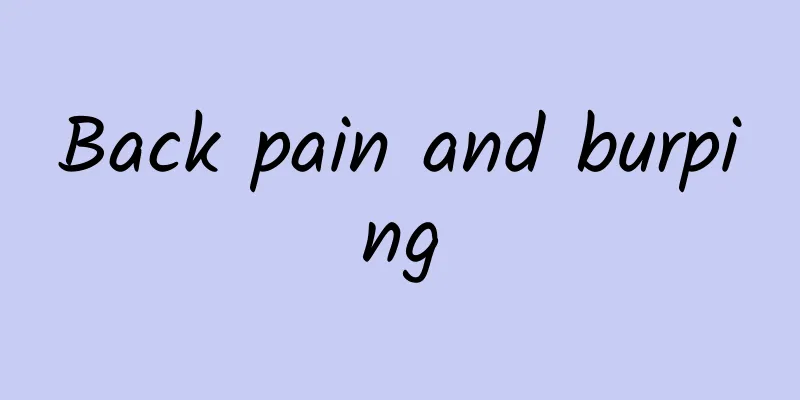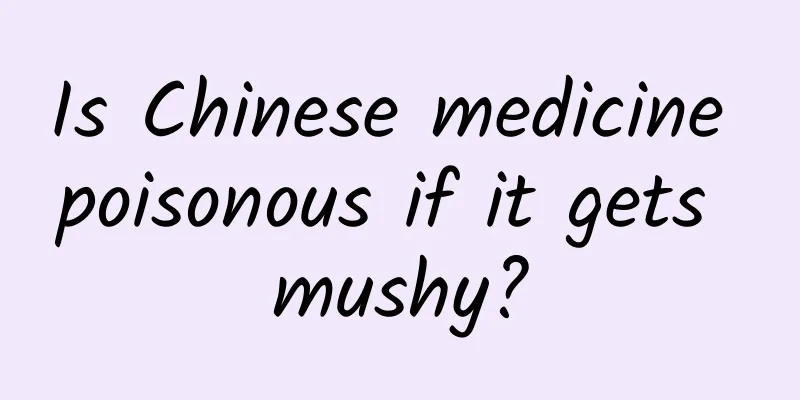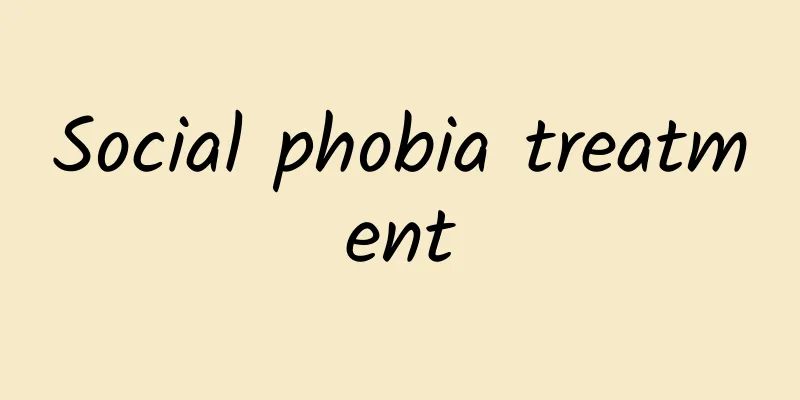How long after taking Chinese medicine can I eat?

|
During normal treatment or recuperation, you may need to take some Chinese medicine. When taking Chinese medicine, you must understand some precautions. For example, you should know how long you can eat after taking the Chinese medicine. Generally, the Chinese medicine doctor will inform you in advance when prescribing the medicine. Some Chinese medicines are to be taken before meals, some are to be taken after meals, some must be taken at different times than meals, etc. How long after taking Chinese medicine can I eat? When we see a doctor and receive prescription medicine, the doctor will tell us to take the medicine before or after meals and to take some precautions after taking the medicine. So can we still eat after taking Chinese medicine? Or is it that only certain specific Chinese medicines require this. Let's take a look at three types of Chinese medicine that cannot be eaten: 1. Tonic Chinese medicine For example, Siwu Decoction, Sijunzi Decoction, Shengmai Yin, etc., taken on an empty stomach can make the medicine fully absorbed and better play the role of replenishing qi and blood and regulating yin and yang. 2. Chinese medicine for the treatment of intestinal diseases For example, taking laxatives on an empty stomach can prevent the drug from being blocked by food and allow the drug to exert its therapeutic effect quickly. 3. Antiparasitic Chinese medicine For example, Lizhong Anwei Decoction and Wumei Pills, taking them on an empty stomach can maintain a higher drug concentration in the intestine, making it easier for the drug to kill the parasites and allow them to be expelled quickly. Traditional Chinese medicine reminds that in order to ensure the efficacy of the above three kinds of Chinese medicine, please do not take them after meals. In addition, when taking the medicine on an empty stomach, it should be taken 1 hour before meals. Can I eat after taking Chinese medicine? What are the contraindications for taking Chinese medicine? Avoid foods that may affect the efficacy of the drug. For example, raw and cold food, strong tea, spicy and greasy food, radish, and fishy food. Some of these types of food will neutralize the medicinal power and reduce its efficacy, some will reduce its absorption, and some will even have harmful effects. Therefore, when taking Chinese medicine, you must follow the doctor's advice and avoid certain foods. It is not advisable to take Chinese medicine in excessive amounts or for a long time in pursuit of quick results. For example, Cassia seed has the effect of lowering blood lipids, but long-term use of Cassia seed may cause diarrhea. Long-term consumption of hay, which nourishes the spleen and replenishes qi and clears away heat and detoxifies, can cause high blood pressure. The folk proverb "All medicines are poisonous to some extent" is exactly this truth. People with special physical conditions should take Chinese medicine with caution. For example, people with weak spleen and stomach may experience symptoms such as stomach discomfort and intestinal rumbling after taking traditional Chinese medicine containing wild chrysanthemum. It is best to first consult a Chinese medicine practitioner or do a self-test to understand your physical condition. If you have a typical physical condition, you should understand the corresponding contraindications before taking Chinese medicine. Pregnant women should be cautious when taking Chinese medicine. Because Western medicine may cause fetal malformations, many pregnant women prefer Chinese patent medicine. However, some Chinese patent medicines are definitely toxic. It is important to remember that pregnant women should be cautious about various types of medicines, such as those that clear heat, dispel wind and dampness, promote digestion and food intake, laxatives, regulate qi, invigorate the mind, repel parasites, and remove dampness. Precautions in the process of decocting Chinese medicine. Most modern families use iron pots, stainless steel pots or non-stick pots. It is best not to use them to fry important foods, but to choose clay decoction pots or casseroles. Since decocting medicine is a long process, the use of metal products can easily cause certain drug ingredients and utensils to react, producing or releasing heavy metals that are harmful to the human body. |
<<: What does Chinese herbal medicine mainly treat?
>>: How long does it take to recover from a broken hand?
Recommend
How many times do you sweat during the confinement period?
Sweating during confinement is to remove moisture...
There is a tumor in my stomach
When it comes to abdominal tumors, people may jus...
Can myocarditis be cured?
People may not know much about myocarditis, but t...
What can't be eaten with cephalosporin?
Cephalexin is a common antibacterial drug. When t...
Subarachnoid hemorrhage CT scan findings
Patients with subarachnoid hemorrhage need to und...
Effects of Astragalus membranaceus
Scutellaria baicalensis is a natural product ofte...
Asperger's syndrome
When it comes to Asperger's syndrome, I belie...
Turn over your hand and look at the palm, the lines on your palm can keep you healthy
When talking about palm lines, most people will t...
Granulation on inner thigh
If you accidentally find granulation tissue growi...
What to do if gums separate from teeth
The separation of gums and teeth is quite common ...
Will I have frequent urination after implantation?
When the fertilized egg implants, women will expe...
What are the dangers of drinking wolfberry and chrysanthemum soaked in water?
Wolfberry chrysanthemum tea is a traditional Chin...
The ratio of Huangjing to wine
Most people are familiar with Polygonatum sibiric...
Stockholm Syndrome
If you are held hostage by a robber or gangster, ...
Orthodontic side effects
When teeth are uneven, the most common treatment ...









